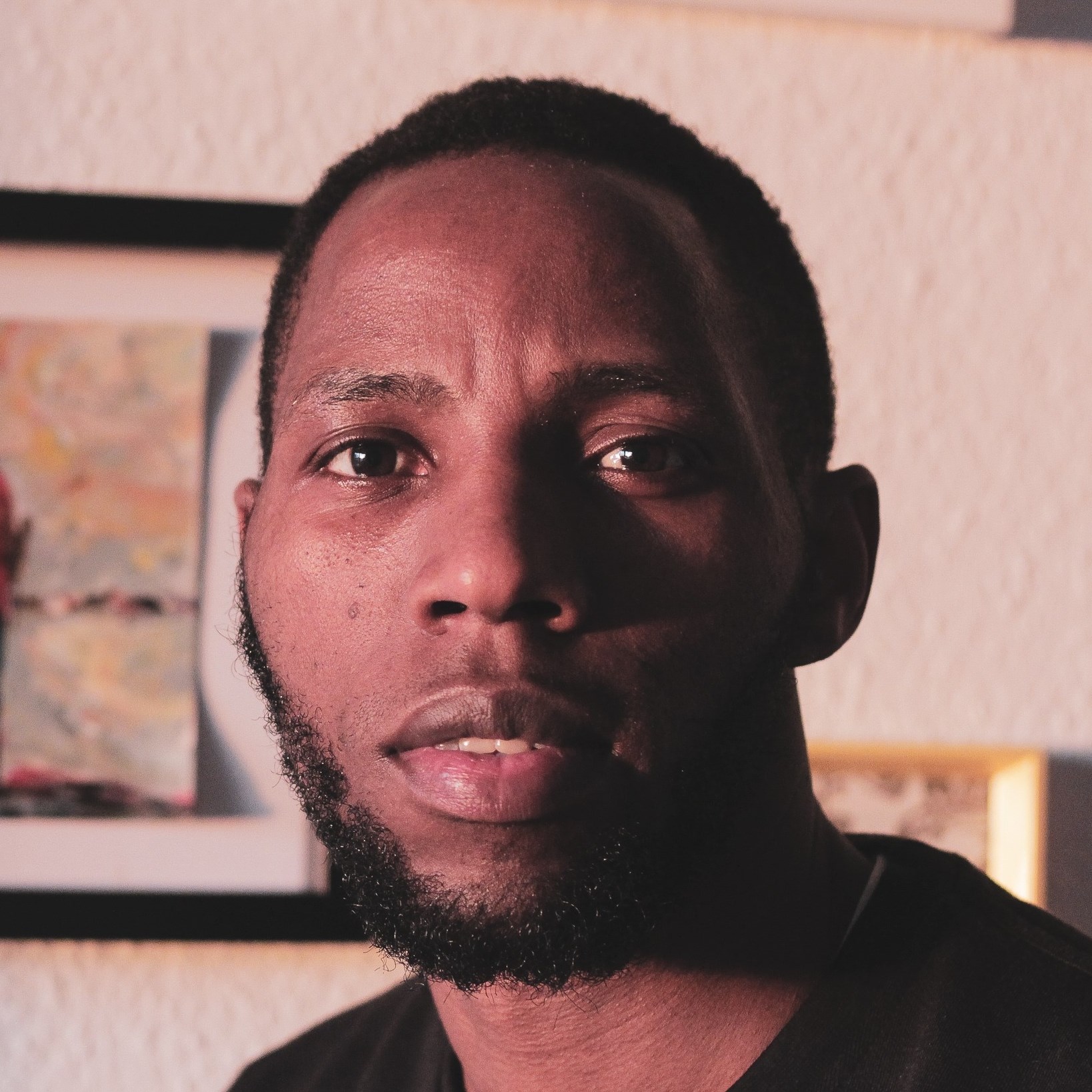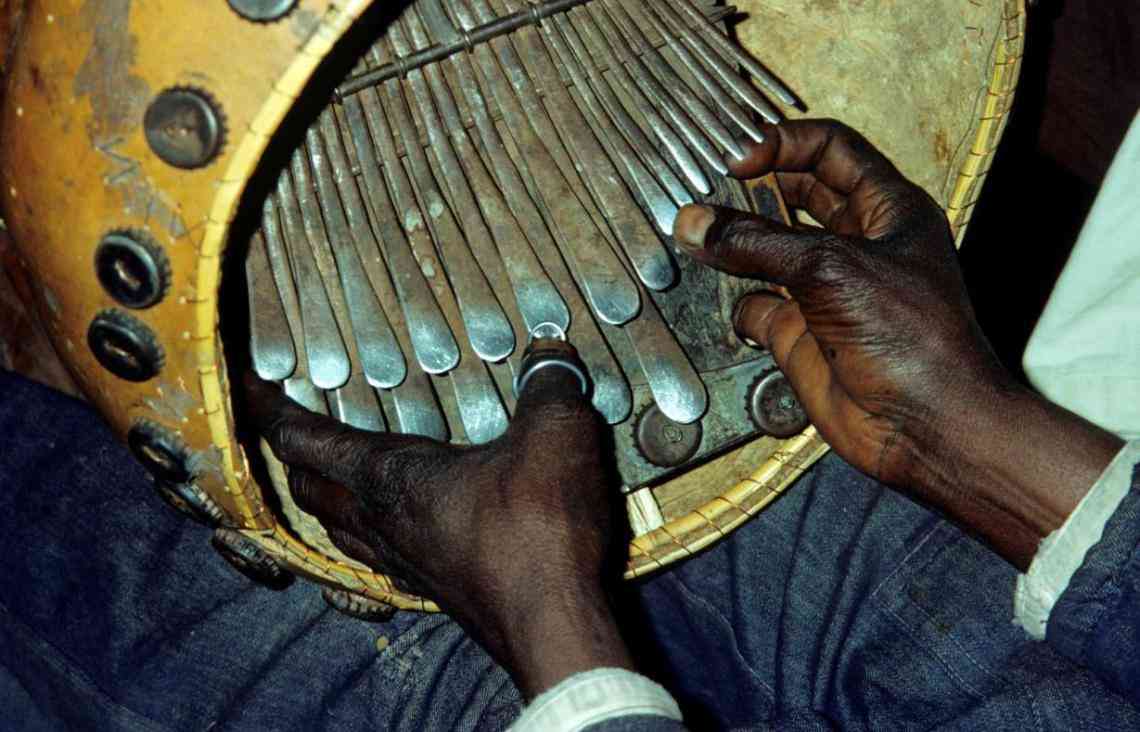

Soundtrack Plot Mhako
LAST week, dancehall singer Tocky Vibes (pictured) announced that Godfrey “Vokal” Bakasa is his new manager. The word spread like veld fire, creating a euphoria that got me thinking and reflecting on the issue of artistic management in the context of Zimbabwe, which has been topical for years now.
There has been heated debate over the years on why a lot of talented artistes in the country have not been able to grow and some having careers ending prematurely despite possessing enormous talent.
A booking agent keeps dates and book shows, while the manager does all the groundwork from engaging corporates, making sure the artiste’s needs are well taken care of, doubles up as a publicist, navigates through the maze of blogs, interviews and also makes show bookings.
Tocky Vibes is one artiste who has worked hard to remain consistent and still commands great support, but most would agree with me that the ratings are not the same as he was a few years back when he literary owned the space, as he churned out hit-after-hit, filled up every venue and was every promoter’s delight.
A lot of artistes, especially dancehall ones who blew up around the same time with him, have since sunk into the abyss and may never rise again.
Tocky vibe’s new manager, Vokal, who once worked with another dancehall singer, Seh Calaz, before moving to rapper Stunner then a short stint with Gary Tight, is a shrewd and fearless entertainment animal.
Those in the artistic realm would best understand the frenzy that ensued after the announcement. This is probably a power move that will potentially change the look and sound of showbiz in Zimbabwe.
- Chamisa under fire over US$120K donation
- Mavhunga puts DeMbare into Chibuku quarterfinals
- Pension funds bet on Cabora Bassa oilfields
- Councils defy govt fire tender directive
Keep Reading
Tocky Vibes is one of the few artistes the late music legend Dr Oliver ‘Tuku’ Mtukudzi singled out as one of the young artiste he appreciates. Such an endorsement from a legend cannot be ignored.
However, the biggest question on everyone’s lips is: Will the new management grow the artiste from where he is today; what new can we expect? I caught up with Bakasa to get a word from him on what we can expect from the new team.
“It is very challenging to be Tocky Vibe’s manager because there is no room to relax. He is an amazing talent that belongs up there, so one cannot afford to sleep on the job,” he said.
“Right now, people should expect a brand that is aiming to be on top; a brand that is fighting for regional and global recognition. Expect hard work and innovation from us.”
Vokal, a 27 year old music entrepreneur who entered showbiz at a tender age as part of Chillspot family under the tutelage of Dj Fantan, said being one of the youngest managers in the industry was both a disadvantage and an inspiration.
“As a young manager, you are disadvantaged because of your age and most corporates are not used to dealing with such young-looking people. In a way, it inspires me to put in more effort in my work so that the results will speak for me when I cannot speak,” he said.
“Every artiste I have managed has been a lesson. Chillspot introduced me into the world of music and i have managed to navigate through the terrain. Nothing comes easy. We have to work really hard for better results. The artiste and management should complement each other”.
Some believe that talent is 10% of the craft and 90% is management. How have other bands managed to fare in this field?
Mokoomba, a once unknown band from Victoria Falls, is undoubtedly Zimbabwe’s biggest musical exports today, traversing the world and raising the national flag high. How have they managed this, especially when they don’t get much airplay at home?
The band’s manager, Marcus Gora, said there was no secret as such, as a lot of credit goes to the band, which is talented and works hard every year to make original music and introduce it to new audiences across the globe.
“As a band manager, one does not work in isolation. There is a team of management, booking agents and record labels working together to dream up a vision and produce desired results, and this is the case for Mokoomba,”
“We have had some breakthrough moments like appearing Live with Jools Holland, performing at the Apollo Theatre and Lollapalooza, winning Songlines Awards, National Arts Merit Awards and Afropop Hall of Fame, to mention a few that have helped the band grow. But these are complimented by being consistent and committed.”
With such great achievements, the biggest question is what is lacking and what could other artiste-managers learn?
“The problem for a lot of local artiste-managers is that there is not much exposure in terms of skills and best practice in the field. There are not many opportunities to learn the craft and not many people to learn from,” Gora said.
“There are many gaps and challenges in the local industry plus the economic environment is hostile, making it difficult even for good managers to succeed. However, these challenges are well documented and cannot be used as an excuse in cases where artiste-managers are dishonest, unreasonable and unreliable.”
Gora said in this environment, to be successful, managers need to think outside the box and innovate new ways to promote and support their artistes.
Back in the days, recording labels had an artists and repertoire (A&R) person or department which was responsible for talent-scouting and overseeing the artistic development of recording artistes and songwriters. Nowadays, managers have assumed this role. But unfortunately, most lack knowledge in this.
Are our tertiary institutions teaching music and arts management in a fast-changing digital world?
Despite the struggles and shortcomings, it’s inspiring to see a crop of new artiste-managers who defy the odds to build brands and an industry that will soon potentially be competitive on the continent and one day globally.
Jah Prayzah’s manager, Keen Mushapaidze, believes that setting targets and standards that go well with the direction in which the global music scene is going is the way to succeed.
“Improving on quality of production, both audio and visual as well as focusing on creating a corporate image that will differentiate a serious artiste from the rest and create a brand most people would want to associate with, are some of the roles of a manager,” he said.
“It is more about understanding the artiste and knowing what he or she wants to achieve. Align your targets so they meet the artiste’s goals. Also, remember no matter how close you are to the artiste, they are the artist and you are the manager hence you are only as good for your role as your next deal. It’s more about what you can achieve rather than what you have already achieved, that is easily forgettable.”
Most will agree that the entertainment industry is not an easy one and tends to be masculine, but Zimbabwe has produced some of the most amazing female managers who have defied the odds and built musical brands that have done tremendously well.
Debbie Metcalfe, who steered the late Oliver “Tuku” Mtukudzi’s camp for years and is credited for some huge impact, Tsungi Zvobgo, who worked with Ammara Brown, including Few Kings and Chido Musasiwa who worked with Snipper, are among many success stories we have had.
Music entrepreneur Tannia Ngwenya of Kosha, who is behind one of Zimbabwe’s finest talents, Takura said; “Zimbabwe is still very much a patriarchal society, and a country that prefers older people in charge. I am young and female. I have definitely had my fair share of challenges. However, keeping it professional and less emotional has helped me through the years.”
She added that the biggest struggle has been with the talents themselves.
“A manager is not an employee, worse off a manager like me, who is also an investor. We are your business partner. And I think talents in Zimbabwe have been shocked by my insisting of them to roll up their sleeves and work,” she said.
“As investing managers, we have every right to demand results and performance from the talents we list for management.”
A few weeks ago, hip-hop artiste Desmond Chideme, popularly known as Stunner, revealed on a local radio station that he was failing to get a manager since his talent is uncontainable and needed a manager who takes care of his personal and business needs.
Tannia, however, believes a lot of managers and their teams are beginning to take what artistes do more seriously, which she described as an exciting time for the culture industry. “We are becoming more aware of the smaller things and how they all add to the big picture. The arts industry lacked innovation and genuine investment in having global cultural impact. The title of a manager should not be more glamorous than the actual performance and success of the brand and its business.”
Eugene Museredza, who is the manager for the fastest rising star, Mbeu, a protégé of Pakare Paye Arts centre, believes the challenges affecting the arts are universal.
“Challenges we have in artiste-management which are the same with main stream business are that the cost of doing business is going up too much. Electricity has become a challenge as hosting an event on a generator is expensive,” he said.
Museredza believes that for artiste-managers to improve their craft, they need to keep learning, researching and studying.
“Artiste-management is like managing any business that anyone is familiar with. The principles used to run a mobile network company and an artiste are the same as they all require integrity, customer care and consistency,” he said.
Sadly, there has been a lot of outcry by fans, companies and promoters over the behaviour and conduct of artistes whose practice and workmanship is unethical and disrespectful to good business.
Efforts to engage some of the managers have often proven to be futile as the managers are powerless and oftentimes bullied or even publicly embarrassed by their artistes.
Another issue is the discord in income. Most artistes retain even up to 90% of the income, leaving the manager struggling to keep up with basic needs, let alone keep the brand growing.











